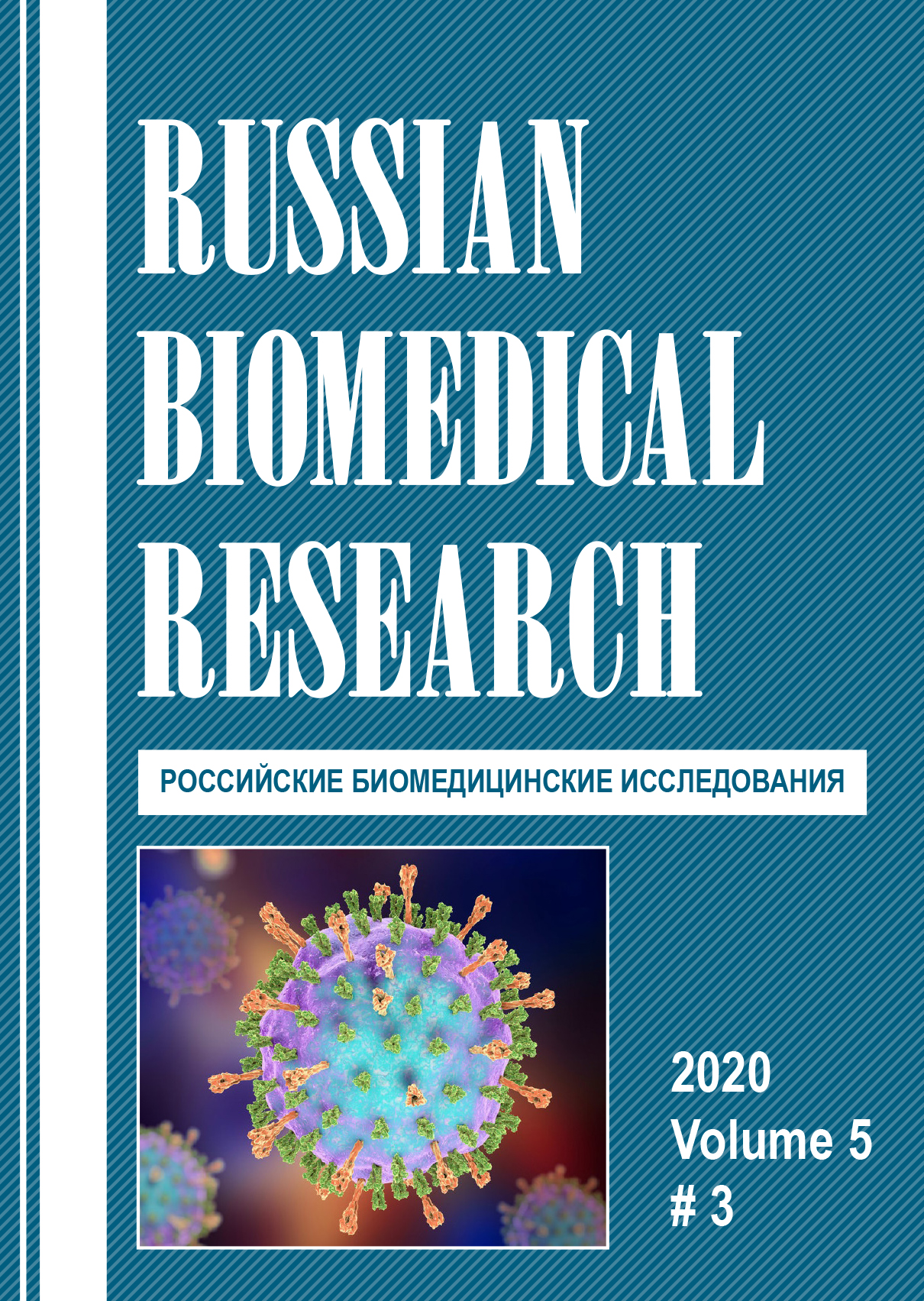SODIUM-L-ARGININE SUCCINATE ENHANCES CISPLATIN ANTI-TUMOR ACTIVITY IN P388 LYMPHOCYTAL LEUKEMIA MODEL IN MICE
Abstract
Low effectiveness of antitumor therapy is one of basic problems in oncology. Besides searching for novel antitumor medicines there is another important vector of this trend for the treatment of oncologic patients namely intensification of existing medicines’ effectiveness without changing their safety profile. One of possible approaches to this goal is combining cytostatics with angioprotecting medicines - nitric oxide donors. The present study focuses at plausible change of Cisplatin effectiveness and safety profile on the background of nitric oxide donor - Sodium-L-Arginine Succinate administration. Murine P388 Lymphocytal Leukemia was used as oncogenesis model. The study involved 6 month old male CDF1 mice (BALB/C female × DBA/2 male). Cisplatin was used as anti tumor medicine, it was administered once 48 hours after tumor transplantation 8 mg/kg. The animal groups involved with maintaining therapy in addition to cytostatic one also got 12.5 ml/kg of Sodium-L-Arginine Succinate (NAS) solution. The results of the study point out at statistically significant increase of Cisplatin antitumor activity in case of combination with NAS: extended tumor development latent period and lifespan of tumor carriers. The toxic effect of cytostatic therapy upon vascular endothelium proved to be evened out by NAS: nitric oxide synthesis increased parallel to endothelin-1 production decrease. The study gives grounds to consider NAS a promising participant in combination with Platinum containing antitumor drugs in prophylaxis and treatment of their toxic effects upon circulatory system and possibly also as a medicine boosting their effectiveness without increasing negative side effects’ rate.



